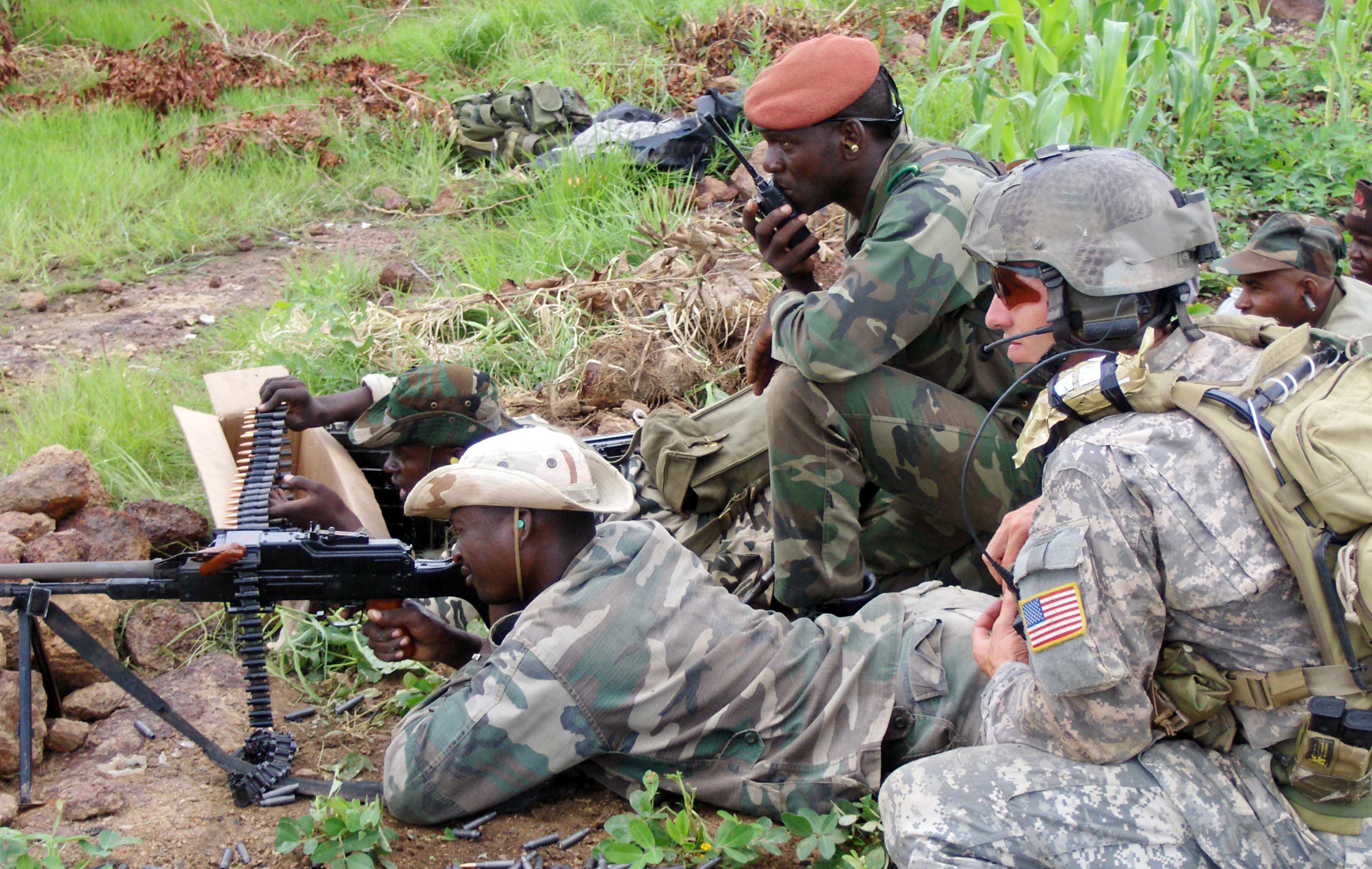American drones, special operations, and proxy soldiers have quietly but rapidly become commonplace in Africa in the past decade. As al-Qaeda’s central headquarters in Pakistan has been degraded into a diffuse network of local terror enclaves, Africa has seen the rise of violent extremism and a surge of bloody attacks. The growing security threat from Islamic militants throughout Africa has been paralleled by increased U.S. involvement with local government forces on matters of regional security. Though the threat posed by terrorist organizations in Africa clearly demands a defense strategy, the situation may be exacerbated should the U.S. continue to implement its current approach. Instances of terrorist activity include mass hostage-taking in Algeria and routine killings of civilians in Nigeria, as well as frequent attacks in Mali, Niger, and Kenya. Just last week, during a siege of the top-end Westgate mall in Nairobi, 72 shoppers were massacred by militants from the Somalia-based al-Shabaab group. The U.S. has forged relations with these nations since 9/11, creating various alliances and establishing a physical presence through bases. In response to the recent events in Somalia, Western investigators, including a large F.B.I. contingent, have poured into Kenya to gather intelligence in an effort to help prevent further attacks by the Shabaab. The justification behind this growing military and intelligence surveillance presence, in the words of former U.S. Africa Command (AFRICOM) Commander General Carter Ham, is “The absolute imperative for the United States military to protect America, Americans and American interests; in our case, in my case, [to] protect us from threats that may emerge from the African continent.” Though there have been instances of successful cooperative efforts between African and American forces, America’s attempt to conduct a proxy War on Terror in Africa is inherently problematic. The security threat posed by African jihadists should be countered with a commensurate strategy, which is tailored to the severity and nature of these groups. Audrey Kurth Cronin, a national security scholar, notes that “Overreacting and treating a terrorist campaign as though it were part of a traditional military campaign in which the application of brute force would compel the enemy into submission” was the crucial mistake the United States made after 9/11. Such a concern should be considered when both U.S. and regional forces in Africa are trying to counter threats.
The efforts must be conscious of the localized circumstances. After all, Africa is not Afghanistan — and its dangerous to broadly cross-reference the situation. One nation, in Africa’s circumstances, should not directly inform actions in another as part of some “trans-continental diagnoses and prescriptions.” United States will do grave harm to its interests and its ability to help foster development in the region by treating Africa as one unit of assessment. Though the UN has described Africa as fertile “breeding grounds” for terrorism, various academics and scholars display evidence that violent Islamist groups operate within the local and national contexts of their origins, and are often not operating towards a regional or globally coordinated jihad. The origin and incentive of Jihad waged against the Western world has largely stemmed from a history of foreign occupation and perceived humiliation and exclusion, coupled by the pull of charismatic leaders, rather than general poverty and poor governance. The U.S. must also evaluate how military operations will further destabilize nations in Africa and exacerbate the current situation. U.S. drone strike policy, for example, could have seriously harmful implications down the road. Not only do drone strikes inevitably cause collateral damage and engender local animosity, they can hinder future efforts at humanitarian and development missions for other Western actors. For instance, in 2008, drone strikes in Somalia prompted al-Shabaab to target and kill 35 aid workers trying to provide food aid for more than 3 million people. As a result, aid operations were significantly curtailed, deepening a humanitarian crisis that ultimately became a full-fledged famine in 2011. Another egregious instance of U.S. policy undermining its own efforts is the CIA’s use of a childhood vaccination campaign as cover for intelligence gathering against Osama bin Laden. This incident led to tragic consequences for public health, as the distrust towards America rendered millions of infants victim to preventable disease. Violent extremist organizations should be countered, but terrorism cannot be the only, or even primary, lens through which the United States attempts to quell the threat. In the long run, the only real antidote to terrorism in Africa is stable, inclusive, accountable states responsive to the needs of all their citizens, and U.S. interests would be better served by focusing efforts on state building. A collaborative mission towards stability and growth is a long-term endeavor, but one that will be set back by a few short years of U.S. military operations and on-the-ground joint exercises focused solely on counter-terrorism and counterinsurgency. Killing every Islamic extremist in Africa is not possible, and irresponsible American efforts to do so will only generate more threats. As was so eloquently put by CGD policy fellow Kate Knopf, as “Iraq and Afghanistan wind down, let’s not make Africa a receptacle for the U.S. military’s leftovers — equipment, manpower, doctrine — and assess its security challenges and needs in its own light.”

Wow great analysis Carly. Powerfully written, solid insight.